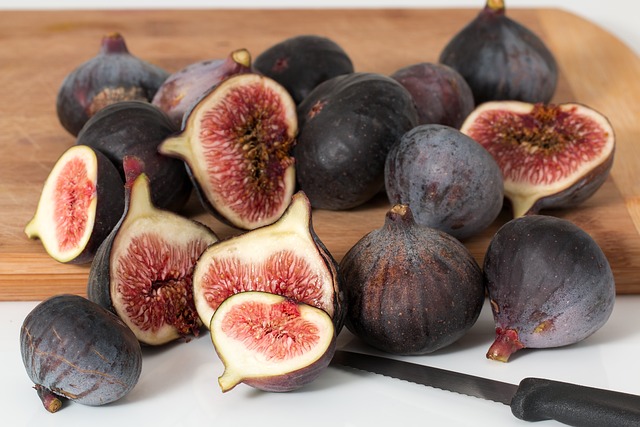Probiotics 101: The Ultimate Guide to Harnessing the Benefits
Welcome to our ultimate guide to probiotics! In recent years, probiotics have gained significant popularity for their potential health benefits. In this article, we will explore what probiotics are, how they work, and the various ways they can enhance your well-being.
What are Probiotics?
Probiotics are live bacteria and yeasts that are good for your health, especially your digestive system. While some bacteria can cause illness, probiotics are “friendly” bacteria that help maintain the natural balance of organisms in your intestines.
These beneficial microorganisms can be found in certain foods or offered as dietary supplements. They work by promoting a healthy environment in your gut, supporting digestion, and strengthening your immune system.
Health Benefits of Probiotics
Research suggests that probiotics can provide a range of benefits for both your gut and overall health. Here are some key advantages:
- Improved Digestive Health: Probiotics help alleviate common digestive problems such as irritable bowel syndrome (IBS), bloating, gas, and diarrhea. They can enhance the digestion and absorption of nutrients, ensuring optimal gut health.
- Boosted Immune System: Your gut houses a significant portion of your immune system. By promoting a healthy gut flora, probiotics strengthen your immune response, making you less susceptible to infections and diseases.
- Reduced Inflammation: Chronic inflammation is associated with various health issues, including autoimmune diseases, obesity, and certain cancers. Probiotics have been shown to reduce inflammation and contribute to a healthier inflammatory response.
- Enhanced Mental Health: The connection between the gut and the brain is often referred to as the gut-brain axis. Probiotics can modulate this axis, potentially improving mood, reducing anxiety, and even alleviating symptoms of depression.
- Support for Weight Management: Some studies suggest that certain strains of probiotics may aid in weight loss and prevent weight gain. They can influence the production of hormones that regulate appetite and fat storage.
Food Sources of Probiotics
Probiotics can be obtained through your diet by consuming certain foods. Here are some common sources:
- Yogurt: Yogurt is one of the most well-known sources of probiotics. Look for yogurt varieties that contain live and active cultures to ensure you’re getting beneficial bacteria.
- Kefir: Kefir is a fermented milk drink that contains a diverse range of beneficial probiotic strains. It is similar to yogurt but has a thinner consistency and a slightly tart taste.
- Sauerkraut: Sauerkraut is made from fermented cabbage and is abundant in lactic acid bacteria, which are beneficial for gut health. Choose unpasteurized sauerkraut to ensure the live cultures are retained.
- Kombucha: Kombucha is a fermented tea that is rich in probiotics. It’s a great alternative for those who don’t consume dairy products. Commercially available kombucha usually contains live cultures, but you can also brew it at home.
- Miso: Miso is a traditional Japanese staple typically made from fermented soybeans. It is often used to make miso soup and contains various probiotic strains.
Probiotic Supplements
If incorporating probiotic-rich foods into your diet is challenging, you can opt for probiotic supplements instead. These supplements come in various forms, such as capsules, powders, or liquids. When choosing a supplement, consider the following:
- Strain Diversity: Look for products that offer a broad range of probiotic strains to ensure maximum benefits.
- Colony Forming Units (CFUs): CFUs indicate the amount of live bacteria in a supplement. Higher CFU counts are







